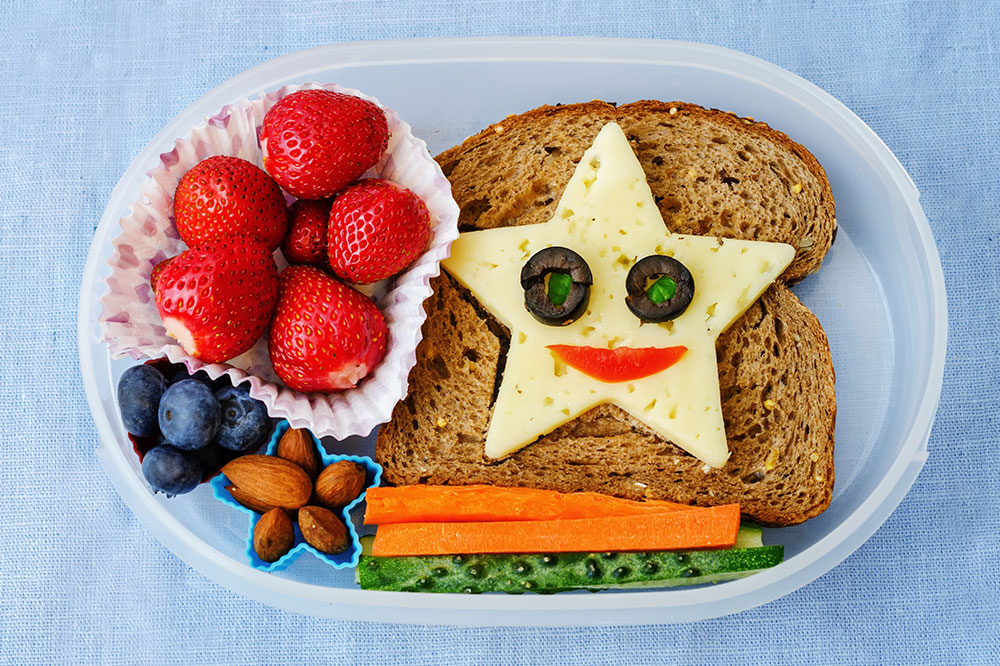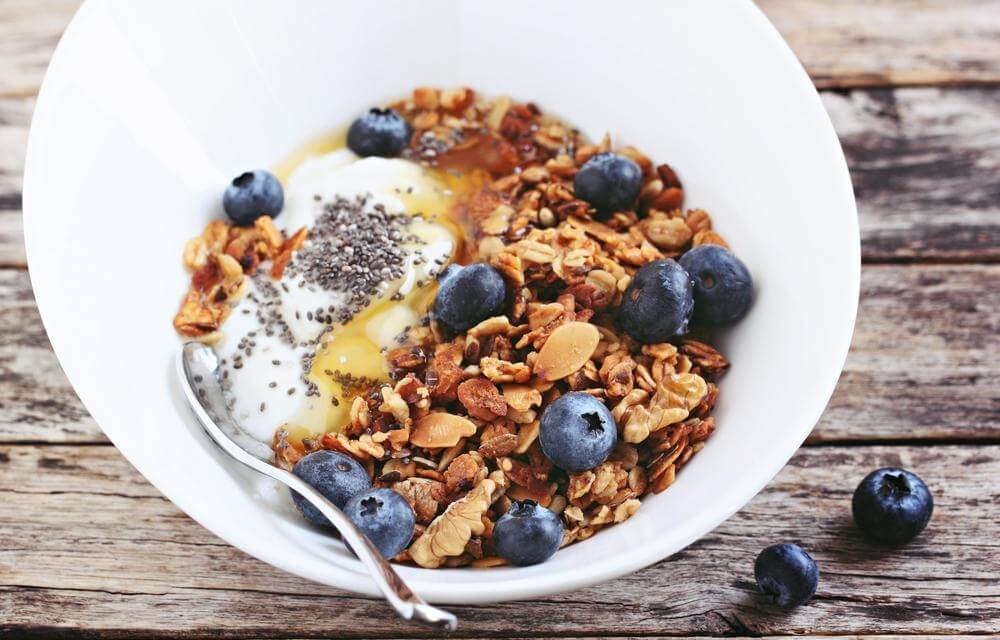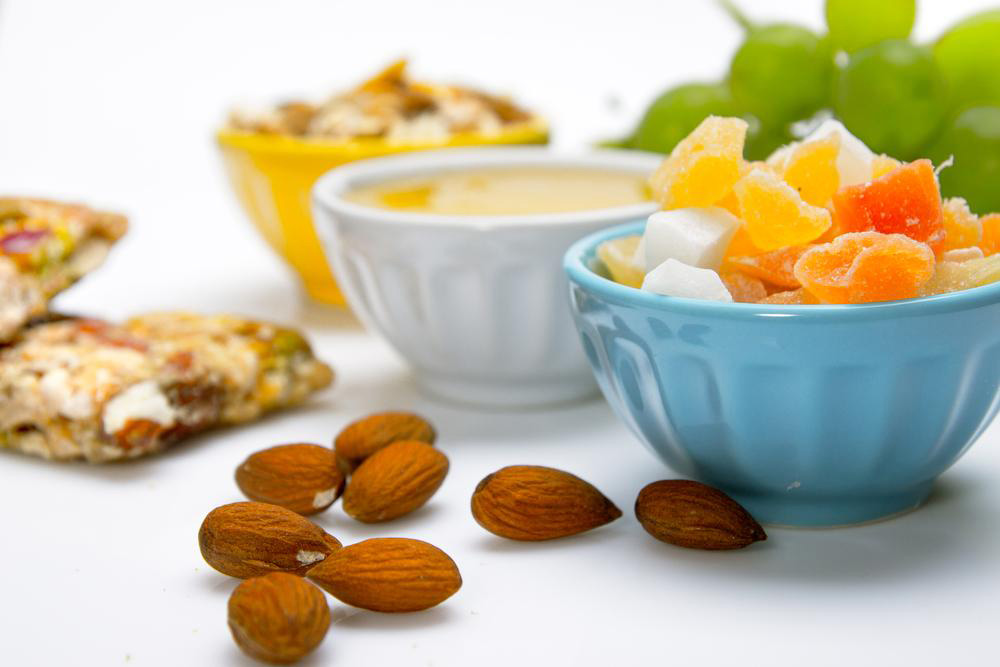Healthy Snack Ideas for Kids: Top Nutritious Choices to Support Growth and Development
Discover a comprehensive guide to nutritious snacks for kids, highlighting tasty and healthy options like popcorn, nuts, cheese, eggs, and fruits. These snacks support growth, immunity, and healthy habits, making them perfect for busy families aiming to foster lifelong wellness in children.

Ensuring children maintain a balanced and nutritious diet is fundamental for their healthy growth, development, and overall well-being. As children spend a significant part of their day at school, engaging in physical activities, and exploring their environment, their dietary intake plays a crucial role in providing the energy and nutrients they need. While convenience often leads parents and caregivers to offer processed, packaged snacks, these options frequently lack essential nutrients and may contain added sugars, unhealthy fats, and artificial preservatives. Therefore, it’s vital to emphasize healthy snacking options that are both appealing and nourishing.
Introducing nutrient-dense snacks into children's diets helps support their physical growth, cognitive development, immune function, and long-term health habits. Healthy snacks rich in fiber, proteins, healthy fats, vitamins, and minerals can keep kids energized throughout the day and contribute to their overall health. In contrast, overreliance on processed snacks can lead to issues such as obesity, insulin resistance, and poor nutritional status. Although trying to ensure a balanced diet can be challenging amidst busy schedules, providing a variety of wholesome snack options sets the foundation for healthy eating habits that endure into adulthood.
Why Prioritize Nutritious Snacks for Children?
Children are in a critical phase of growth and development, requiring adequate nutrients to support bone density, muscle development, brain function, and immune health. Aside from their primary meals, snacks can account for a significant portion of daily nutrient intake. When choosing snacks, it’s important to focus on options that maximize nutritional value while satisfying taste preferences. Healthy snacks not only fill immediate hunger but also promote better nutritional status, enhance cognitive performance, and improve overall health. Furthermore, establishing healthy eating habits early can influence children’s preferences and behaviors later in life. By providing tasty, wholesome snack options, parents and caregivers encourage children to develop a palate for nutrient-rich foods, decreasing the likelihood of developing picky eating tendencies and dependence on sugary or processed snacks.
Top Nutritious Snack Ideas for Children
Below is a detailed guide to some of the best healthy snacks suitable for children. These options are easy to prepare, delicious, and packed with essential nutrients, ensuring children get the support they need for their growth and everyday activities.
1. Whole Grain Popcorn
Popcorn made from whole grains is a popular snack among children because of its delightful crunch and flavor. Unlike many snack foods, popcorn contains beneficial polyphenols—powerful antioxidants that help reduce inflammation and lower the risk of chronic diseases such as heart disease and certain cancers. Its high fiber content plays a role in maintaining a healthy digestive system, preventing constipation, and helping to regulate cholesterol levels.
When preparing popcorn for children, opt for air-popping or lightly seasoning with spices rather than butter or salt-heavy options. You can also add a sprinkle of nutritional yeast or cinnamon to enhance flavor and nutritional profile. This snack is not only fun to eat but also supports overall health by providing fiber, antioxidants, and whole grain benefits.
2. Nut Mixtures
Including a small handful of nuts—such as almonds, walnuts, cashews, or pistachios—in children's diets offers a variety of health advantages. Nuts are an excellent source of healthy monounsaturated and polyunsaturated fats, which support brain growth, nerve function, and cardiovascular health. Additionally, they are rich in protein, fiber, vitamins like vitamin E, and essential minerals including magnesium and zinc.
Though nuts are calorie-dense, serving sizes should be controlled to prevent excessive calorie intake. Incorporate nuts into meals or snacks, perhaps mixed with dried fruits or seeds for added variety. Regular nut consumption can promote better digestion, help regulate blood pressure, and contribute to maintaining healthy cholesterol levels. Be cautious of nut allergies and ensure safe consumption for all children.
3. Dairy Delights: Cheese and Yogurt
Cheese and yogurt are dairy-rich snacks that provide a wealth of nutrition. Cheese is a concentrated source of protein, calcium, and healthy fats—nutrients vital for strong bones and teeth. Kids tend to enjoy cheese in various forms, from slices to cubes or melted in snacks and dishes, making it a versatile option.
Yogurt, especially when unsweetened and plain, offers beneficial probiotics that promote healthy gut bacteria, aiding digestion and immune health. It is also high in calcium, potassium, and B vitamins essential for energy production and nerve function. Yogurt can be served with fresh fruit, honey, or granola for added flavor and nutrients.
4. Power-Packed Eggs
Eggs are a nutritional powerhouse, supplying high-quality protein, vitamins A, D, E, B12, and minerals such as selenium and choline. These nutrients support healthy skin, hair, nails, brain development, and overall growth. Eggs are also versatile and can be cooked in various kid-friendly ways—boiled, scrambled, or made into mini frittatas or egg muffins.
Incorporating eggs into snacks or meals can help children meet their daily protein needs while enjoying delicious, satisfying options. They are also easy to prepare ahead of time and carry for school or outings.
5. Fresh Fruits and Vegetables
Fresh fruits are an excellent source of dietary fiber, antioxidants, vitamins, and natural sugars. Popular choices include apples, bananas, berries, oranges, and grapes. Fruits boost immunity, improve skin health, and provide a quick energy source for active kids.
Vegetables can be incorporated into snacks as vegetable wraps, sticks, or dips. Carrot sticks, cucumber slices, cherry tomatoes, and bell pepper strips paired with hummus or yogurt-based dips make nutritious, crunchy snacks that appeal to children’s taste preferences. These options deliver essential minerals like potassium, magnesium, and vitamins A and C, crucial for overall health.
Additional Tips for Healthy Snacking
Plan snacks ahead of time to avoid last-minute reliance on processed foods.
Involve children in choosing and preparing snacks to increase their interest and acceptance.
Limit added sugars and unhealthy fats by avoiding candies, chips, and candy bars.
Offer a variety of foods to ensure a wide spectrum of nutrients.
Encourage mindful eating by serving small portions and discussing the benefits of healthy foods.
Conclusion
Providing children with nutritious, delicious snacks is a fundamental step toward fostering lifelong healthy eating habits. The key is to choose foods that are appealing, easy to prepare, and rich in essential nutrients. Incorporating options such as whole grain popcorn, nuts, dairy products, eggs, and fresh fruits and vegetables can make a significant difference in children’s growth, immunity, and overall health. Remember, a balanced approach that combines enjoyment with nutrition will set children on the path to a healthier future. Making small, consistent changes in snack choices can lead to meaningful improvements in overall well-being and establish habits that support their lifelong health journey.





